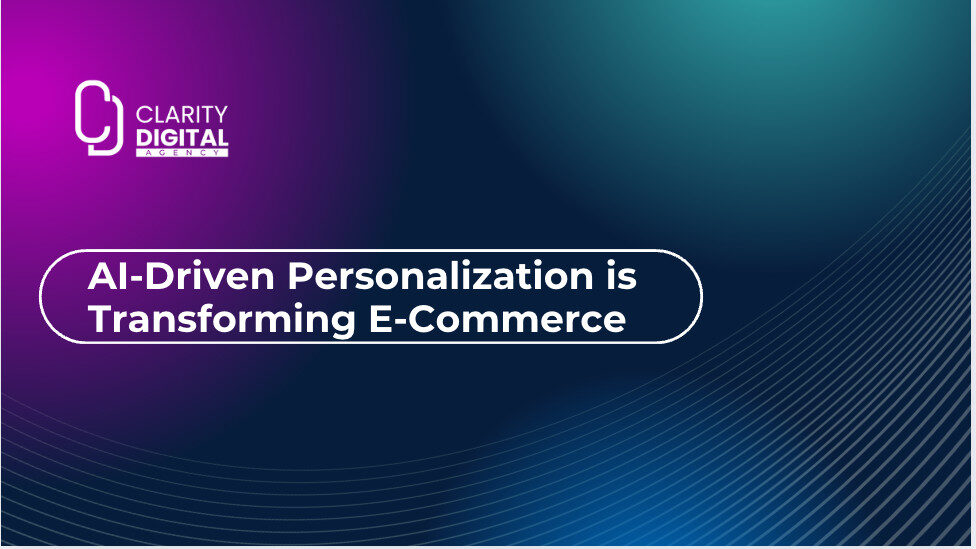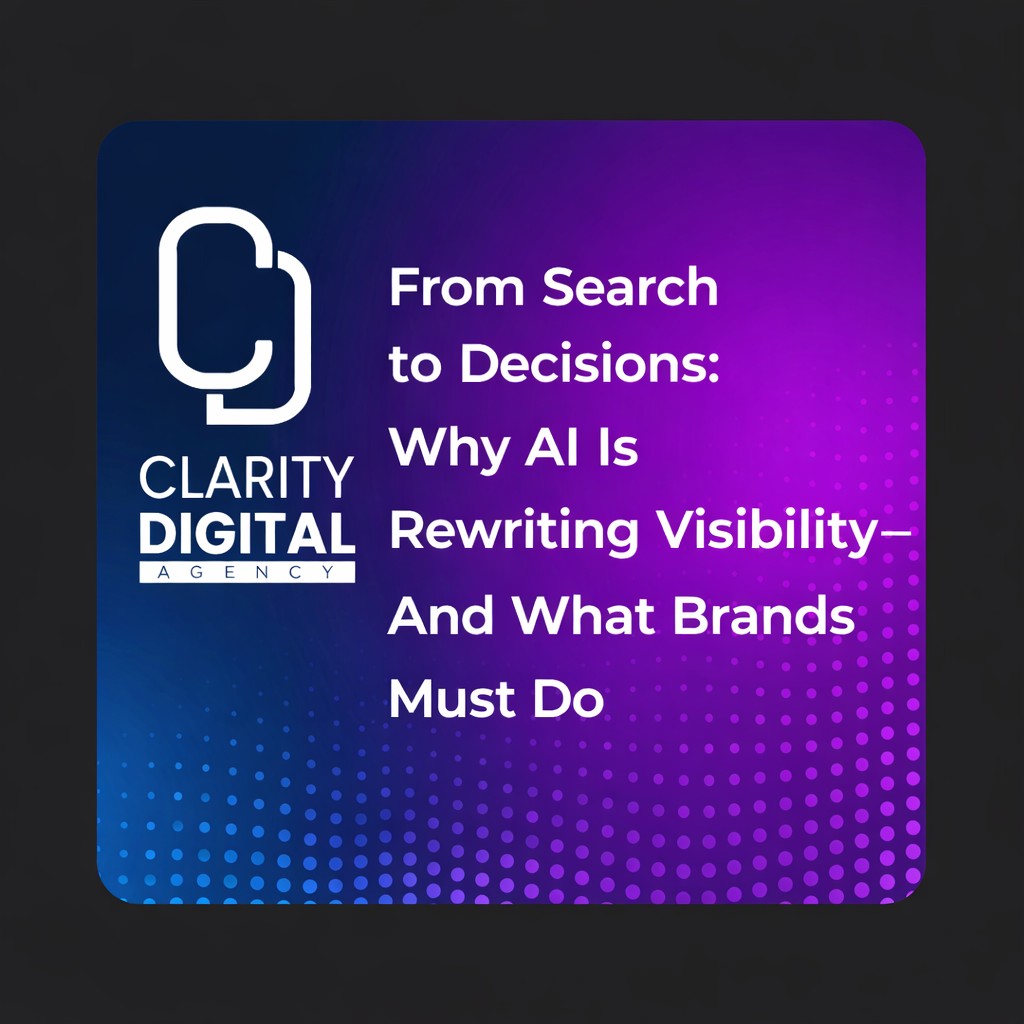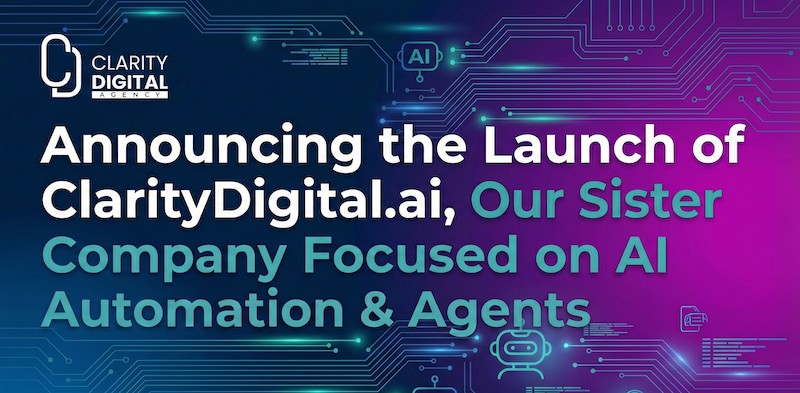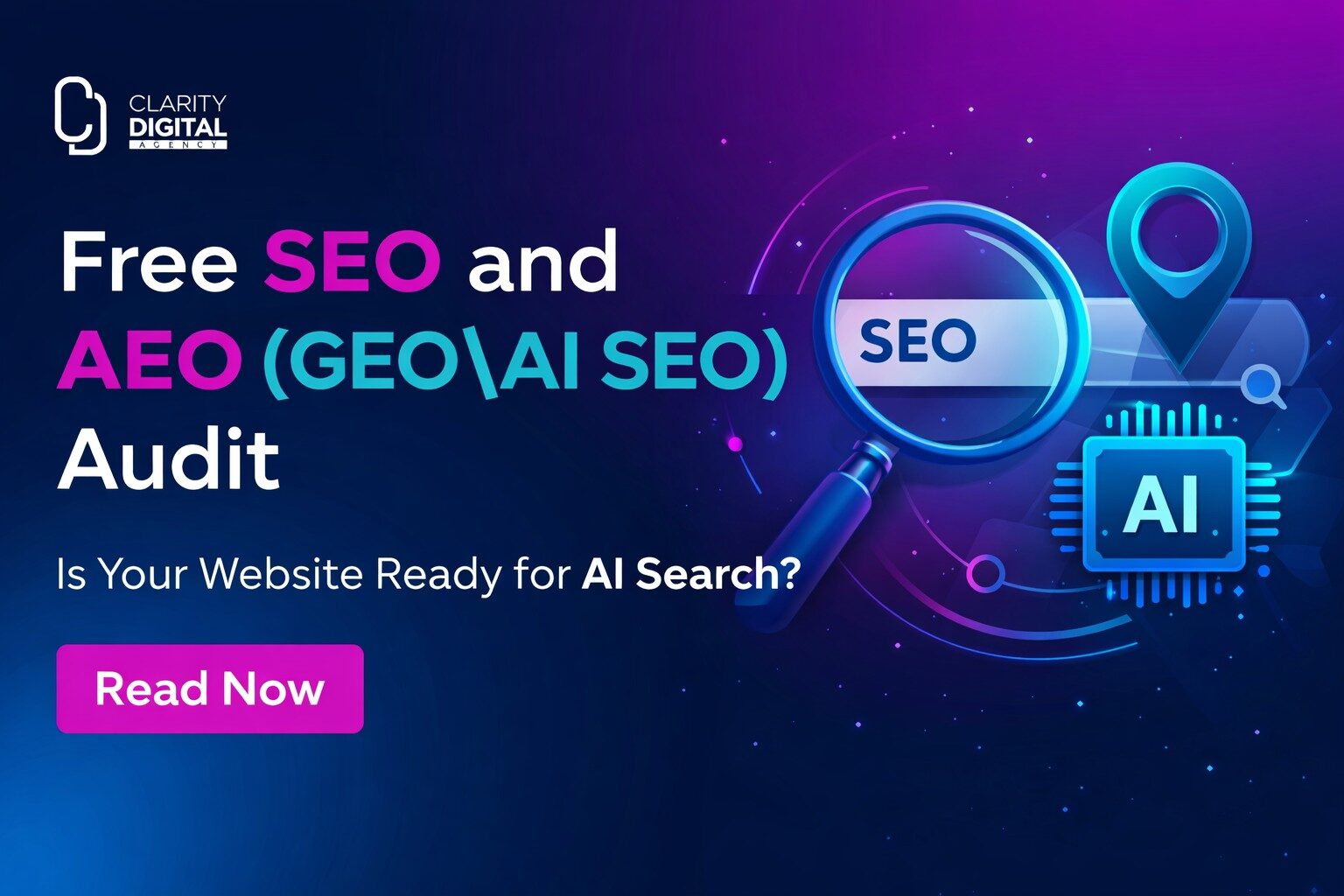Businesses today are competing for customers’ attention in a crowded digital marketplace. AI-powered personalization has emerged as a game-changer, enhancing user experiences and driving business success by tailoring interactions based on customer data. By leveraging AI, companies can refine their search engine optimization (SEO) strategies while delivering hyper-relevant shopping experiences that boost engagement, conversions, and customer loyalty.
Key Personalization Strategies in AI-Powered E-Commerce
1. Personalized Recommendations: Driving Conversions with AI
Personalized recommendations is one of the most effective AI-driven personalization strategies available. AI algorithms analyze browsing history, purchase patterns, and user preferences to suggest relevant products—increasing conversion rates. This method not only enhances the shopping experience but also maximizes sales potential.
Amazon attributes a staggering 35% of its revenue to its recommendation engine. By utilizing machine learning, the platform refines product suggestions, ensuring customers are presented with items that match their interests and past behaviors. The result? Increased engagement and a higher likelihood of purchase.
2. Customized Search Results: Enhancing Discoverability
Success in today’s e-commerce landscape requires a robust search function. And AI-driven customization makes it even more effective. AI analyzes the users’ intent, past searches, and preferences to deliver tailored search results. This allows businesses to ensure customers find what they need faster, reducing frustration and improving satisfaction.
Etsy, for example, implemented an AI-powered search system that increased search-led purchases by 10%. By refining search algorithms to prioritize personalized results, Etsy makes sure shoppers receive highly relevant product suggestions, leading to improved conversion rates and customer retention.
3. Dynamic Pricing: Encouraging Conversions in Real Time
AI enables dynamic pricing models that adjust in real time based on various factors, and they are pivotal to e-commerce profitability. AI considers location, purchasing power, competitor pricing, and consumer behavior to determine the optimal price for each customer.
By doing so, businesses can offer discounts to loyal customers who are at risk of abandoning their carts, increasing the chances of conversion. Similarly, AI can identify high-demand periods and adjust prices accordingly to maximize revenue. Personalization to this level not only boosts sales but also ensures customers feel valued and incentivized to complete purchases.
4. Targeted Content: Making Every Interaction Relevant
AI-powered personalization extends beyond product recommendations and pricing analysis. AI can dynamically adjust website elements, such as featured promotions, banners, and product categories, to align with individual interests.
A fashion retailer may showcase summer apparel to a user who has recently browsed swimwear, while another user interested in winter gear sees a selection of jackets and boots. This targeted approach makes sure each visitor’s experience is engaging and more likely to lead to a sale.
5. Predictive Analytics: Anticipating Customer Needs
Forecasting behavior through predictive analysis provides businesses with a competitive edge. By analyzing historical data, AI can anticipate what products will be in demand, helping businesses optimize inventory management and marketing campaigns. For example, AI can predict when a customer is likely to run out of a consumable product, prompting timely replenishment reminders. This proactive approach not only enhances customer convenience but also increases the likelihood of repeat purchases.
6. Omnichannel Integration: Creating Seamless Shopping Journeys
Consumers today engage with brands across multiple channels—from websites and mobile apps to social media and in-store experiences. AI-powered personalization allows consistency across these touchpoints, delivering a seamless shopping experience.
Sephora integrates in-store and online data to personalize recommendations through its app. Customers who browse beauty products online receive personalized suggestions in-store, creating a cohesive shopping experience that fosters brand loyalty and increased sales.
The Benefits of AI-Driven Personalization for SEO
Beyond improving user experiences, AI-created personalization has profound implications for. Search engines prioritize websites that provide relevant content to users, and personalization plays a crucial role in achieving this.
1. Improved User Engagement
Personalized experiences reduce bounce rates and increase dwell time by ensuring visitors engage with the content. When users spend more time on a site engaging with tailored recommendations, search engines recognize this as a positive signal.
2. Higher Conversion Rates
Simplifying decision-making and presenting users with products they’re likely to purchase, AI-driven personalization directly impacts conversion rates. A seamless and intuitive shopping journey encourages more purchases, which in turn signals to search engines that the website delivers value.
3. Enhanced Retention and Customer Loyalty
A personalized approach fosters loyalty by making customers feel valued. Visitors who consistently find relevant content are more likely to engage with a brand long-term, contributing to sustained benefits.
4. Better Search Rankings
Search engines analyze user behavior metrics such as time on site, click-through rates, and repeat visits. AI-driven personalization influences these metrics, telling search engines that the website provides high-quality, engaging content.
The Future of AI-Powered E-Commerce
As AI continues to advance, personalization will continue to play a vital role in e-commerce success. Businesses that embrace AI-driven strategies will not only enhance user experiences, but gain a competitive edge in search rankings, conversions, and customer loyalty.
Implementing personalized recommendations, customized search results, dynamic pricing, targeted content, predictive analytics, and omnichannel integration, e-commerce brands can create highly engaging and seamless shopping journeys.
The result? A powerful synergy between personalization and that drives sustainable growth in the ever-evolving digital marketplace.
The best marketing strategies couple AI-driven efficiency with human creativity and thoughtfulness. In an interview with Arvell Craig who is an AI consultant, Arvel recommended creating an AI committee at your organization to review proper use cases of AI for your marketing team and your organizations in general, and that is a great approach for larger organizations. Because, yes, AI can handle data and automation—and improve efficiency. But when it comes to storytelling, relationship-building, and strategic thinking, people are still irreplaceable.





